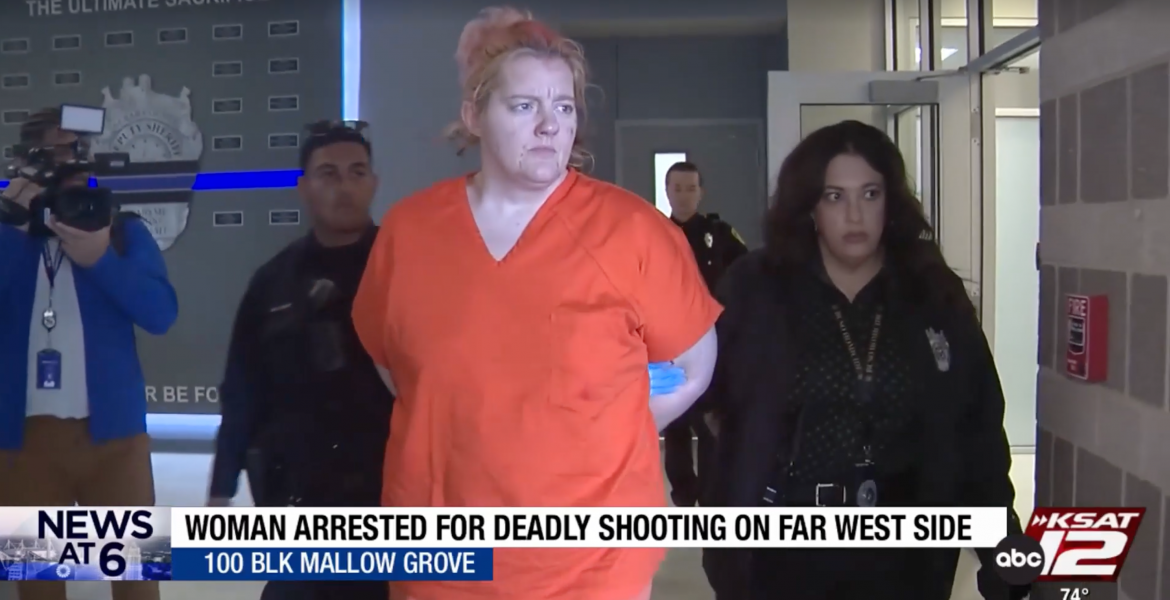The ordered procurement of a paper trail worth millions is underway in the case revolving around the estate of John Edward Sullivan, as lawyers and the temporary administrator attempt to establish a file documenting what was in the estate at the time of Sullivan’s death and where the assets were acquired, bought, sold and depleted after attorney John Young was named the estate’s sole beneficiary.
For months the actual value of the estate has eluded attorneys, who were working from a 30-page document submitted by Young at the court’s order on March 20. That document was supposed to be an accounting of all assets in the estate at the time of Sullivan’s death and include any transfers, sales, proceeds and expenditures made between the probate hearing on June 16, 2014, and the appointment of Michael Deadman as temporary administrator January 21.
For little over seven months, Young conducted what he termed a “marshalling of assets” in the Sullivan estate, during which he identified and renamed foreign and national bank accounts, transferred funds, paid expenses, located and sold properties and real estate notes, took in lease and note payments and made charitable contributions to a variety of organizations.
All of those actions are documented in the accounting, however the pages, high in number, are bare-bones. On May 7, Deadman filed a list of 13 objections to Young’s accounting with the court, all of which take issue with the lack evidentiary documentation that traces the funds from Sullivan’s estate to Young, and then from Young to the temporary administrator. Missing are dates, names, receipts, statements, checks, sales invoices, faxes, letters and emails—virtually everything in the paper chain that would demonstrate what funds were received and what was done with those funds before Deadman took over.
Concern over the possiblity of Young’s personal exhaustion of the estate was raised early on in the case, first only five weeks after the will was probated by a friend and former business partner of the deceased, then again at the end of July by a purported heir, Sullivan’s alleged half-sister. In September, one of Sullivan’s alleged sexual abuse victims filed his own $1 million claim to the estate, meanwhile the funds were rapidly dwindling.
Sullivan was known to have several accounts, properties and investments, one of which was an investment account holding over $3 million prior to his death in May 2014. The same account had been frozen and seized during the investigation into the 77-year-old accused of child sex crimes, but a half-million dollar deal reached with the district attorney’s office released the remainder back to the estate.
The day after Deadman was appointed, Hank Stout, an attorney for the victim in a parallel case, filed an emergency motion to freeze the bank account that by January had dropped down to less than $1 million. The motion also requested the judge to order Young to turn over all assets to Deadman and to provide an accounting. The order was granted by Ben Nolen on Jan. 22.
Meanwhile, an investigation into Young, Sullivan's criminal defense attorney, and Ray Zapata, Sullivan's bail bondsman, was running in the background, which alleged that the two had conspired to forge the handwritten will and plunder the estate. Those who alleged claims to the estate began to question whether or not Young was rightfully named beneficiary in the first place.
The domestic accounts alone, including debentures, were valued at $4,442,022.48 at the time of Sullivan’s death per Young’s accounting. One of those accounts included the Stern Agee account, whose total reflected the sum reported by Stout as of May 2014. Another eight accounts equal $388,725.24 and bear the single explanatory line, “Account value as of date of initial investment. Fund matured and [sum] was paid to John Young, as beneficiary, and no longer exists”.
Young also listed a total of $746,745.98 owed to the estate on real estate notes, however the validity of those notes is undetermined. An additional €203,325.51 worth of assets from Spain was transferred to Young but no account information was provided, along with a property in Alicante valued at €233,478.82.
On the plus side, money flowed into the pockets of the estate holder when eight local properties were sold for a cumulative of $454,500, while another $95,396.81 was collected in real estate note and lease payments and $14,583.34 was received in investment interest payments.
Expenditures, however, skyrocketed to the millions as Young paid Sullivan’s taxes, medical bills, lawyer fees and made charitable donations, all of which totaled $1,362,832.89 in miscellaneous expenses paid out of the estate.
Most of those expenses were itemized, although vague descriptions such as “utilities”, or a name and sum of an attorney without descsription of the service were typed over several pages without evidence or documentation. The next line, however, was even more vague, and listed only a number and a one-sentence explanation next to the words “total beneficiary personal expenditures”.
“The following represents the total of expenditures of the above assets by John Young as beneficiary, made for the personal benefit of John Young, all of which John Young made in reliance on the Order Admitting Will to Probate as Muniment of Title,” the report states. Below that line, $1,260,900.41 is listed as the total expenditure.
Since Young’s attorneys were in the process of marshalling the assets at the time the accounting was drafted, the current value of the remainder of Sullivan’s assets is unknown.
In the absence of documentation that traces the initial sums in accounts and assets as well as transfers, payments and expenditures to the assets received by Deadman, a reconciliation cannot be done. Meanwhile, Deadman has continued the responsibility of paying off debts and taxes on the estate as the administrator, meaning the various accounts are rapidly draining.
Citing an inability to fulfill his duties and responsibilities without a clear understanding of what Young did the seven months prior to his appointment, Deadman filed his objections with the court. The matter was heard on May 22, when Judge Ben Nolan not only sustained all 13 of Deadman’s objections, but ordered that Young additionally provide along with his new accounting dates, sums, account numbers, names, invoices, checks, faxes, statements, emails and any other documentation that supports each itemized transaction valued over $500.
The order was very specific, outlining a series of circumstances that included sales, comingling of monies from the estate with other accounts and a description of debts paid by the estate on behalf of John Young or anyone else other than the estate.
To produce the document Young was given 30 days. As of yet no further hearings have been scheduled in the case.
Subscribe to the LIVE! Daily
Required






Post a comment to this article here: